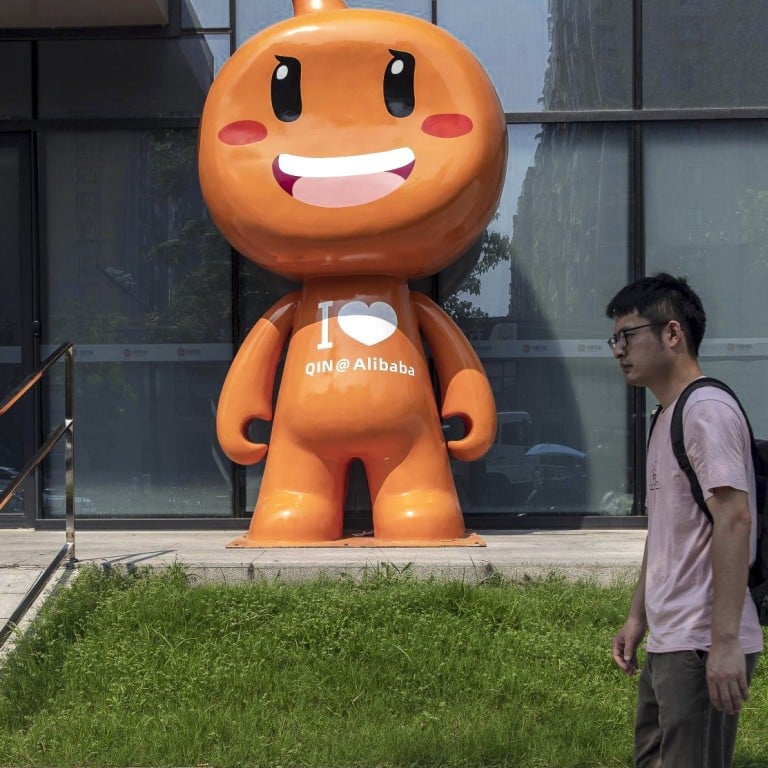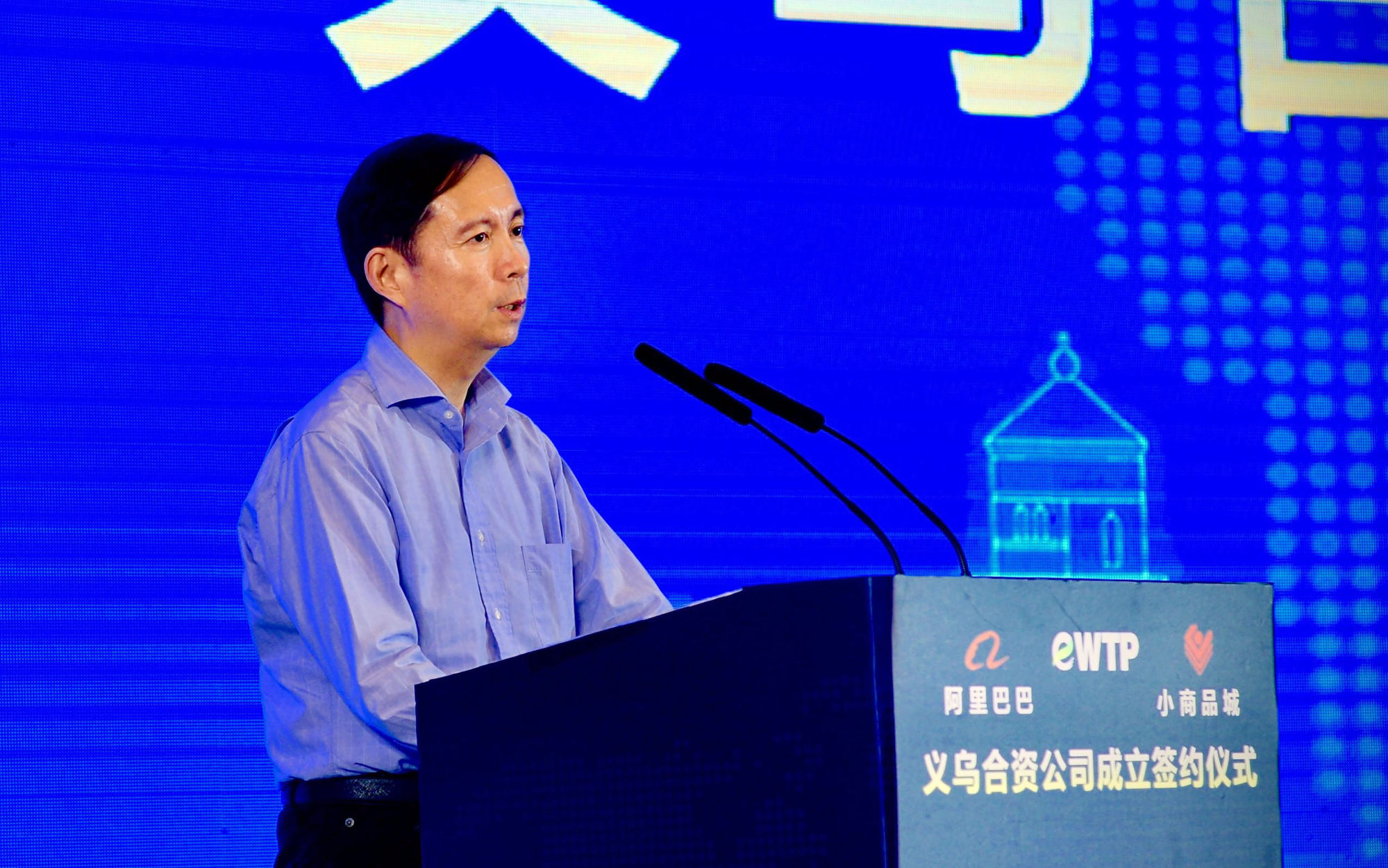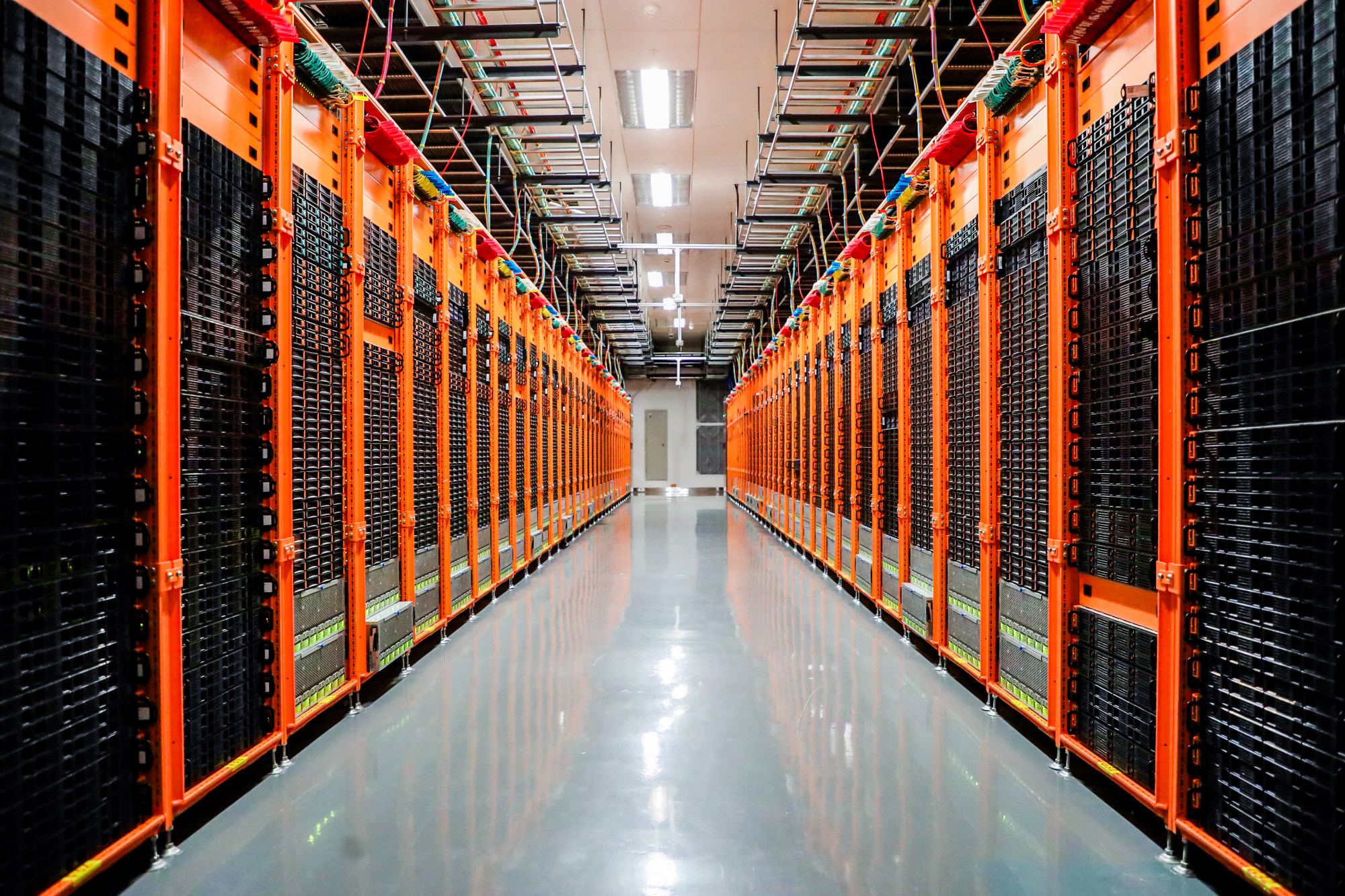
China Big Tech in 2023: Alibaba sees better days ahead after China’s Covid opening, easing of regulatory pressure
- Chairman and CEO Daniel Zhang Yong has chosen the word jin, which literally means leaping forward or seeking progress, as the theme for 2023
- Alibaba’s rapport with the Chinese government – in particular local authorities – quickly fizzled out amid Beijing’s regulatory scrutiny
Alibaba Group Holding, which has been hit by weak consumer spending, brutal competition and heavy regulatory scrutiny over the past year, looks set for a brighter 2023 amid China’s Covid reopening and Beijing’s fresh promises to support the private economy, analysts said.
Company chairman and CEO Daniel Zhang Yong has chosen the word jin, which literally means leaping forward or seeking progress, as the theme for 2023, from 2022’s ding, which means holding steady or remaining calm, according to his new year message to employees. Alibaba owns the South China Morning Post.
Alipay offers e-CNY as express payment option on Alibaba’s e-commerce platforms
“Alibaba’s performance in 2022 was mediocre, without many highlights, but we are expecting their performance will be better next year,” said Shawn Yang, managing director at Blue Lotus Capital advisers.
The company’s market capitalisation has lost two thirds from its peak in October 2020, and is now just a quarter of Amazon’s – a far cry from five years ago when the market value of Alibaba exceeded that of Amazon. In the first three quarters of 2022, Alibaba’s workforce shrank by about 15,000.
Carmen Zhu, senior analyst at research firm Frost & Sullivan, said the slowdown in domestic economic growth and weak online consumption has taken a toll on Taobao and Tmall’s advertising commission income.

Alibaba’s rapport with the Chinese government – in particular local authorities – quickly fizzled out amid Beijing’s regulatory scrutiny. One employee at Alibaba, who declined to be named, said visits by local government delegations to the company’s Hangzhou campus “nearly disappeared” after Alibaba came under an antitrust probe in late 2020.
During a conference call in mid-November, when China was still under Beijing’s strict zero-Covid policy, Alibaba chairman Zhang said an end to the controls would benefit Alibaba on multiple business fronts. “[An easing] would all be very positive going forward,” Zhang said. After China abruptly ended its zero-Covid measures in early December, consumer spending is expected to gradually recover from a low base in November, when retail sales shrank 5.9 per cent compared to a year earlier.

Meanwhile, the heyday of Alibaba, when it could report revenue growth above 30 per cent, may not return any time soon as competition from short video platforms such as Douyin, the Chinese version of TikTok, and traditional rivals like JD.com, remains fierce at home. Further, the company faces difficulties in cracking overseas markets.
“Douyin has been Alibaba’s strongest competitor in the past year, especially its [e-commerce business] in the clothes and make-up category,” Yang said.
“Alibaba Cloud’s non-internet business accounted for 58 per cent of the latest quarter’s financial report, indicating that Alibaba Cloud is moving from internet-based businesses to thousands of industries,” Frost & Sullivan’s Zhu said.

